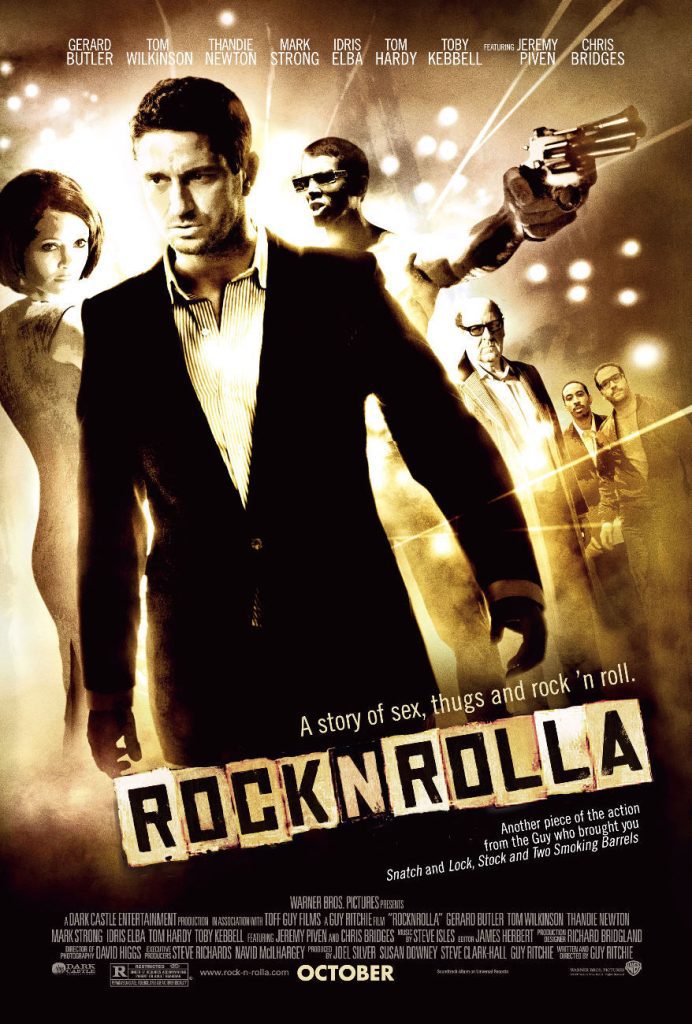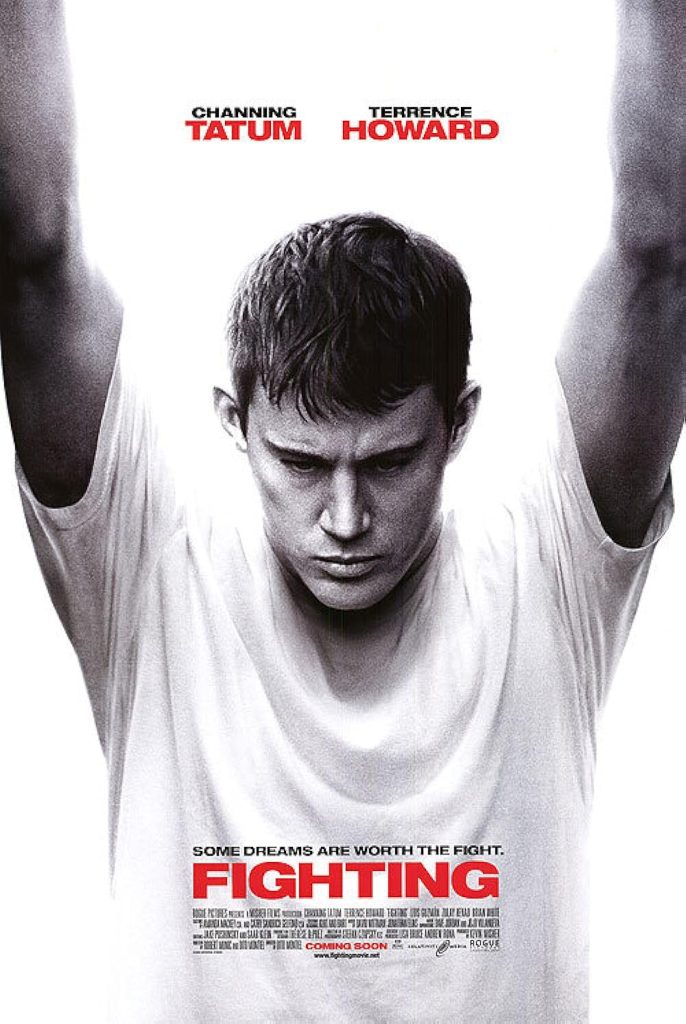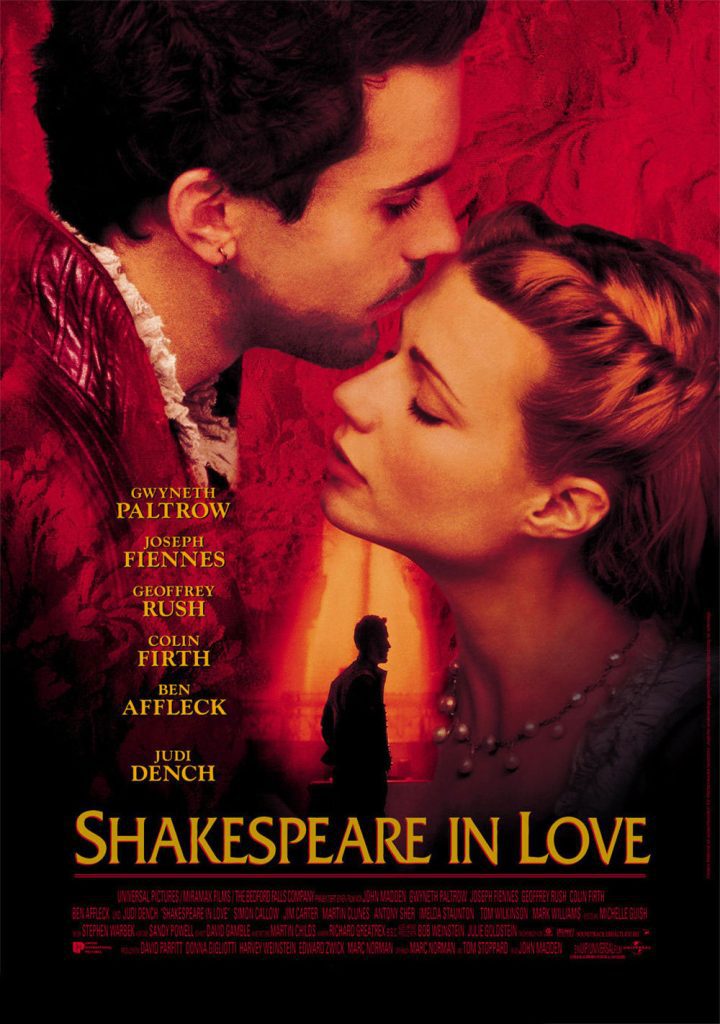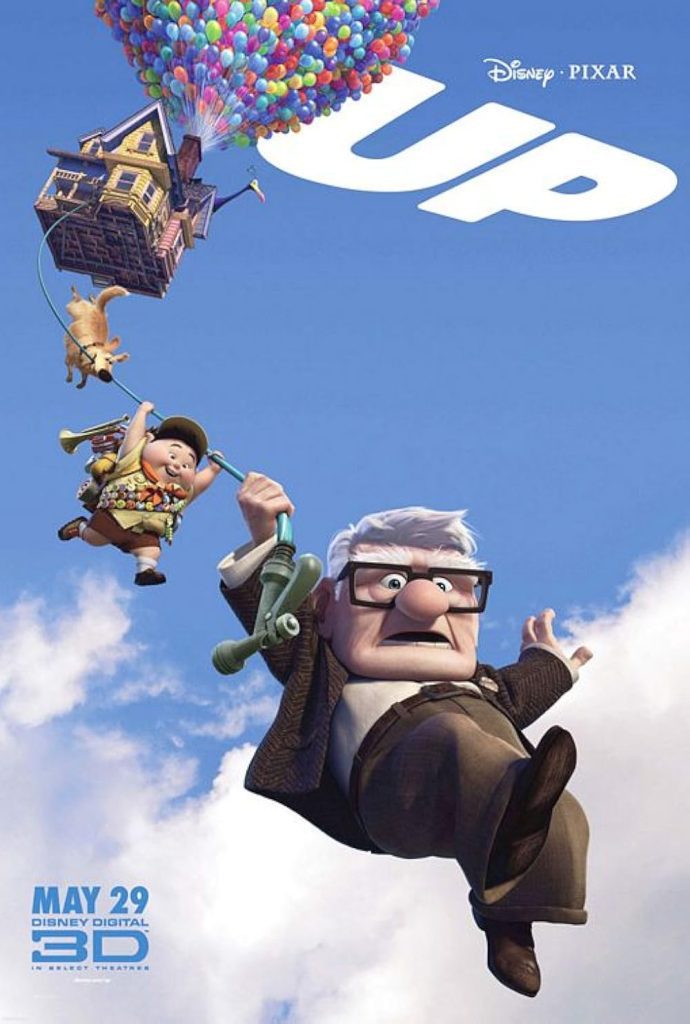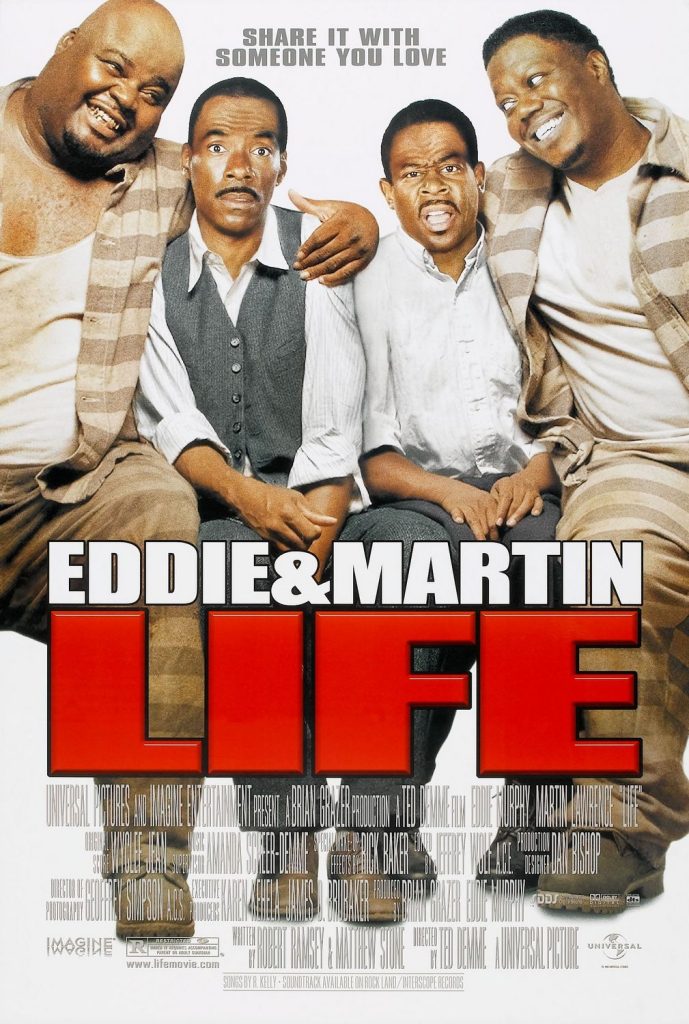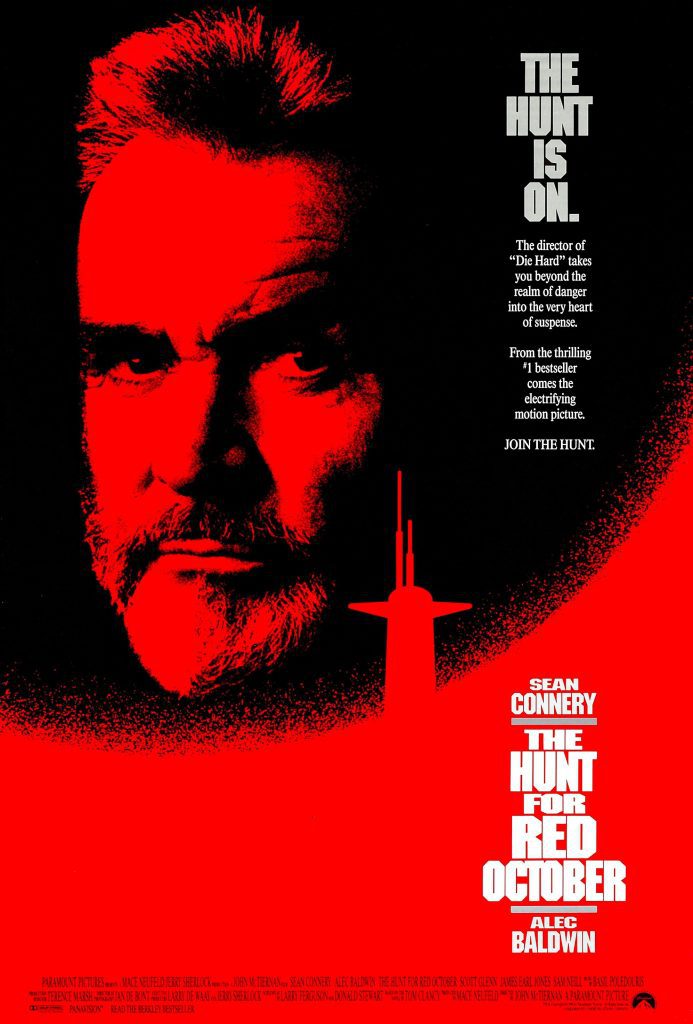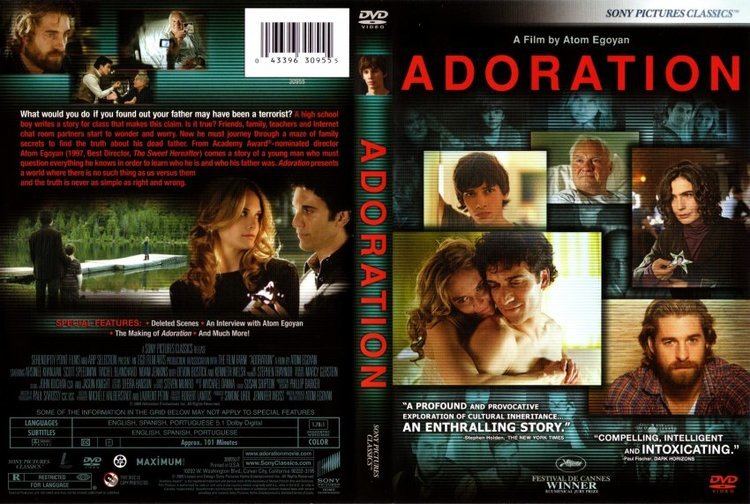
While in class one day, a student named Simon (Devon Bostick, Land of the Dead) is inspired to write a story. The story involves a young man very much like Simon attempting to cope with the fact that his father was a terrorist who nearly killed hundreds of people. Simon informs his teacher (Arsinee Khanjian, Exotica) that the story is fiction, but the teacher wonders if it is rooted in at least some measure of truth. She suggests that Simon create a presentation for the school, and advises him to make it as believable and realistic as possible. After the story is presented, the students in the school begin to discuss it in online chat sessions, and soon the details spread throughout the entire community. Simon quickly finds himself forced to confront the details of the story, as he must determine for himself whether his work is an entirely fictional account or a true story recaptured from his subconscious.
Despite the seemingly straightforward nature of the plot description I have provided, Adoration is yet another one of director Atom Egoyan’s mystifying cinematic puzzles. The film is presented in a fractured and fragmented manner, as Egoyan slowly pulls piece after piece together. He does this not for the sake of creating a perfect whole, but rather to create just enough connections to allow the viewer to draw their own conclusions about what the film is attempting to say. It is easy to understand why some critics have criticized the film being too murky and incomprehensible for its own good, but I feel the construction of Adoration is intriguing enough to make the movie worthwhile as an experience. Much of modern cinema simply assaults the senses and tells us everything we could ever want to know upfront; Egoyan asks the viewer to meet him halfway. He wants us to think, to ponder, to question, and to pay attention. In less capable hands this sort of thing could feel like homework, but I found myself thoroughly absorbed from start to finish (if only moderately satisfied with the conclusions that are drawn).
The characters in the film hold their cards close to the chest. We do not immediately understand the motivations for their actions. We are used to be told who someone is and want they want (in most films, even someone mysterious is easily defined as being Someone Mysterious), but in Adoration we are forced to contemplate on such things ourselves. To make matters even more complex and complicated, we not only have to guess about the nature of the characters but also about the nature of the scenes they are participating in. How much of what we are seeing is real and how much is imagined? The musical score (written by Egoyan’s regular collaborator Mychael Danna) plays an exceptionally important role in the tone, offering insinuating motifs that paint even the most seemingly mundane circumstances as mysteries with endless depths.
Some of the best scenes in the film are those shared by Simon’s teacher and Simon’s uncle (Scott Speedman, The Strangers). In a movie filled with secretive people, these two have the most interesting secrets. The ever-intriguing Arsinee Khanjian creates a character that seems to put on a slightly emotionless poker face to mask the swirling storm of feelings raging within her. There are moments when she seems to tremble ever so slightly, desperately attempting to keep her house of cards intact. On the flip side, Speedman openly displays emotions like anger, frustration or empathy with regularity, but despite his more accessible and recognizable persona, we know no more about what drives him than we know about what drives the teacher.
Then there are the sequences in which Simon engages in conversations online with his fellow students. Listen to the way their words and attitudes adjust based on whether or not they feel the story contains factual information. The intensity of these students is considerable; I kept expecting a moment in which Simon slammed his laptop shut in a moment of anger or sorrow. Such a moment never occurs, as the young man takes all the criticism of his peers in stride. He observes the proceedings with a bemused stability. I also want to give credit to the performance of Rachel Blanchard (Snakes on a Plane), who appears only in scenes that are either flashbacks or imaginary moments. So much of the film depends on the feelings of other characters towards her, and she must become a real and distinct character in a rather limited amount of screen time. It’s a strong piece of work.
The hi-def transfer is quite solid, capturing the film’s evocative locations with clarity. Adoration may not be the sort of visual knockout that one desperately yearns to see in high definition, but Egoyan is a director who likes to create visually distinct films and his work benefits from the format. There is a slightly layer of grain present throughout, giving a natural filmic look to the image. I was surprised to note just a few light flecks present in certain scenes, and facial detail isn’t quite as impressive as I would have liked. Otherwise, the image gets the job done quite nicely, and darker scenes benefit from strong shading. The audio is excellent, conveying the very solid score and nuanced sound design in an immersive manner. The film is quiet, but the audio is nonetheless an important factor. This isn’t just an intimate talking heads drama.
Despite being a very involving viewing experience, Adoration still lacks the staying power of Egoyan’s finest work. There’s a nagging sense that the director could have turned a rather good film into a great film with just a bit more focus.
Supplements include a 12-minute making-of featurette that is essentially an interview with Egoyan about the film. It’s quite interesting to hear the director’s take on what the film is about. You also get an additional 22-minute “Interview with Atom Egoyan,” which curiously enough focuses more on the actual “how the film was made” information. “The Violin Shop” is a 9-minute featurette detailing the making of a key scene in the film, while “The Fabulous Picture Show” offers a 13-minute television interview with Egoyan. “Take 3” is a 20-minute piece spotlighting some of the online chat participants, while “Passengers” is a 19-minute sequence offering extended versions of the chat material used in the movie. Finally, you get a handful of deleted scenes and a theatrical trailer.
Though this is not exactly an accessible starting point for those looking to explore Egoyan’s work, fans of the director and indie cinema in general should certainly consider checking this one out. The Blu-ray disc looks and sounds good, too.
For more movies visit Soap2day.

